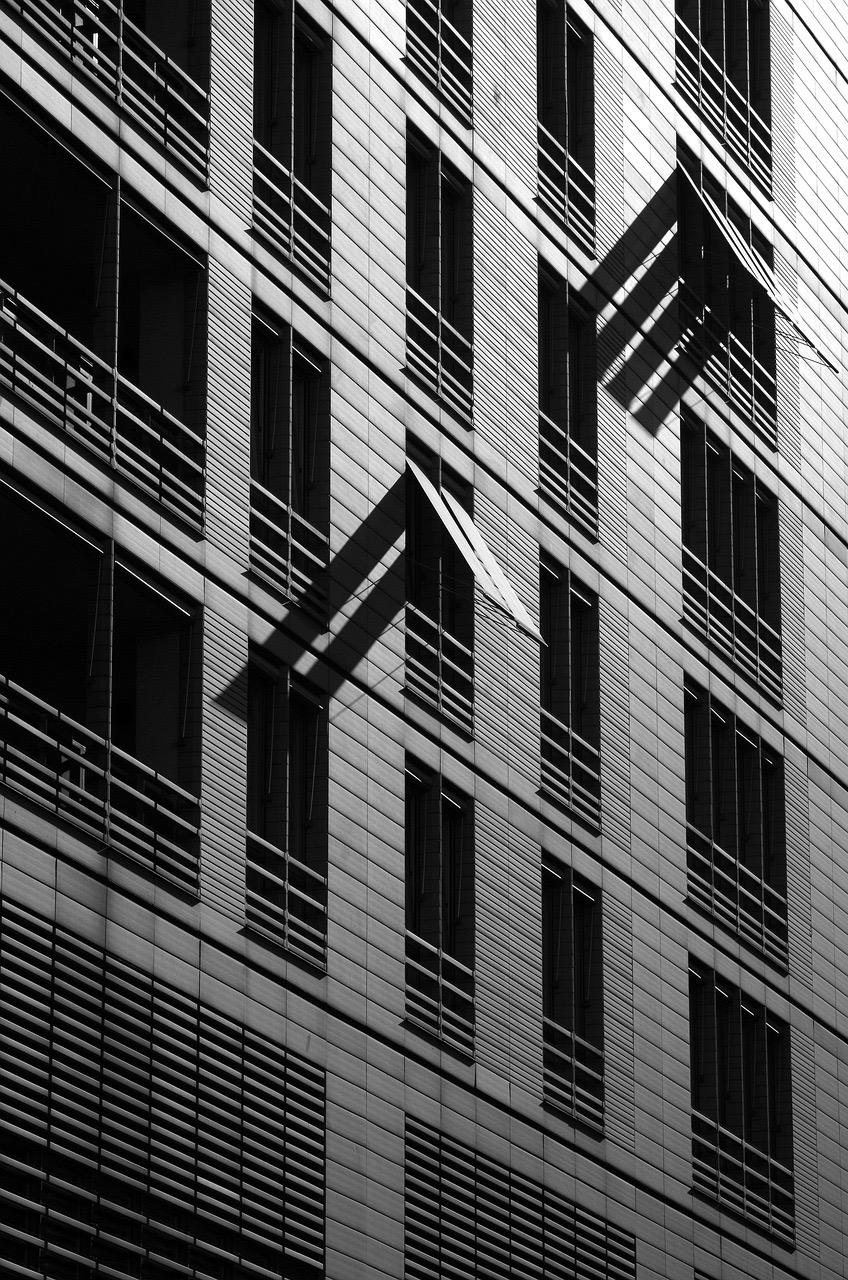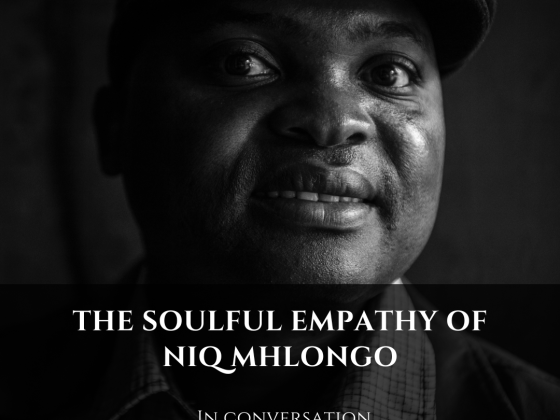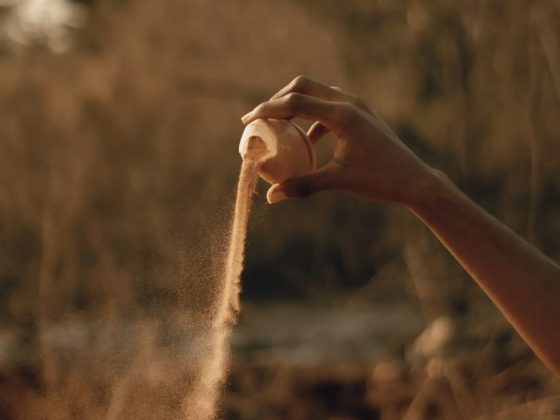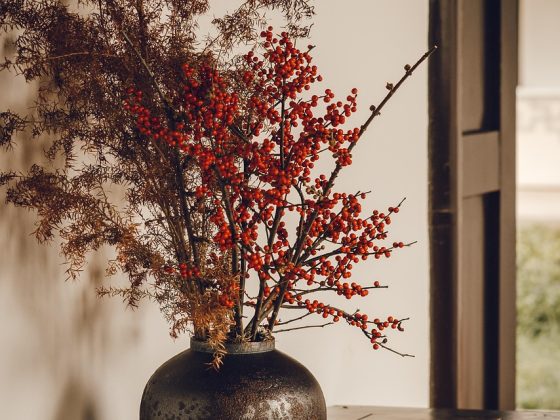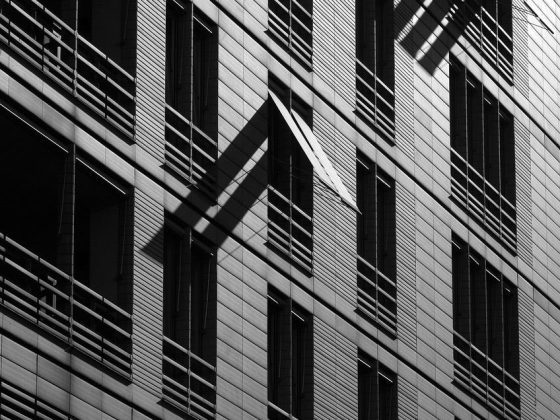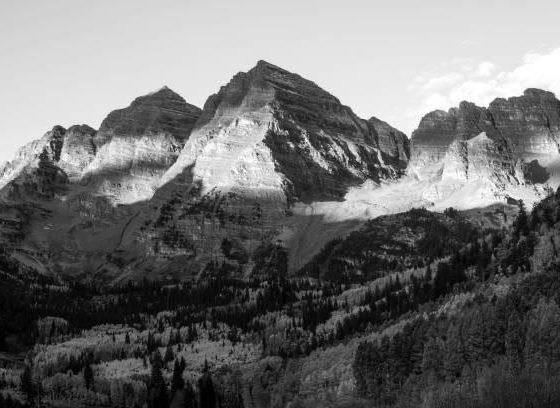When Yusuf Olumoh describes silence in his immersive poem as “a language of joy,” he speaks towards a broader smear of postcolonial rage. In his poem, “promise in my country is another way of gambling lives,” there is a gnawing cancer in the imagery of mothers whose children return from the vengeance of water. The same idea occurs in Blessing Omeiza Ojo’s poem, “Pandemic.” In Ojo’s poem, anger is oiled for breakfast; the narrator eats his own words and meditates “on the monstrous properties of lack.” African writers today remain deeply reflective griots, documenting the woes and glories of the times they live in. However, their writings are now imbued with a more silent rage against a prolonged night. Speculative writing is also growing rapidly, and fiction writers like Nnedi Okorafor, Wole Talabi, Oghenechovwe Donald Ekpeki, Namina Forna, Suyi Davies Okungbowa are rethinking the African space, reimagining a future against that which exists now. They are pulling dawn. Through the magical act of speculation, they erase themselves from dystopia and emerge into alternate, sometimes utopian spaces.
It is fascinating to witness how much more contemporary African poetry, especially those written by writers on the continent, straddles around the aesthetics of pain, ennui and anguish, of rage. It will be quite unfair to admit ignorance of the reason for the so-called “grief writing,” for the poetry, and indeed poetics, of a people are, in the main, goaded by collective historical experiences. In one of our conversations, Nigerian poet, Rasaq Malik Gbolahan, told me that, “Poetry seems to be the best place to mourn. Because what comes after the funeral of hope is mourning.” The poets, short story writers, and essayists featured in this issue speak the language of mourning and rage, against a dying light.
What is the cost of weaving agony into grace, /of brailling pain into a hymn for the bruised heart? asks Nnamdi Ndiolo’s persona in his “Aubade in Udi Hills.” The lines are deeply instructive: Blessed are the children unmothered by malady,/ for they learn the art of healing by bleeding poems. The tone of these poets seems subdued on the surface. They write of lives lived that failed to benefit from the lofty promises of their political leaders. They write of violence. They write of death in both its metaphoric and literal senses. They write of those things that matter to them now. They write of alienation. Ber Anena’s brilliant poem, “The Wall,” ends on a sad note. The persona says, Behind us, home/ was a chimney puking smoke, crumbling walls/ singing: don’t come back don’t come back/ don’t come back. And sometimes they do return. Salma Ahmed’s short fiction, “Between Here and There,” is about racism in America, where the African American protagonist, Eli, decides to release himself from the racial hold of his white audience at a club. Eli seeks belonging and equality and finds it, stamping his freedom in ritualistic and symbolic dance.
Nevertheless, in its totality, what you may likely find in the characters in this issue is exhaustion. Yet, beneath this lethargy, lying somewhere between the tatters, is a stern resolve, much akin to the stealth movement of prey before they pounce. It will be a disservice, then, to accuse these African writers of surrendering to the grimness of the time. I imagine them as existing in a space of temporary recline. It brings me great pleasure again to present this 21st issue to you, dear reader. We are excited that after five years of publishing the finest hands in African Literature, we still function as a vehicle to document the pulse of the African culture.
The poets, short story writers and essayists in this album capture the very unique essence of being African in this more permeable Digital Age. This permeability causes a dislocation that protests repair. Anthony Chibueze Ukwuoma journeys to his maternal homestead in his essay, “Transit” where he sits with his grandmother “on the porch of the old house” to “explore the history of the spaces we inhabit.” In Ndakotsu Abubakar’s stellar short story, “When the Dead Return Home,” the protagonist Edati welcomes her husband Bako back from the dead. Dacious Kasoka’s persona in his sullen poem, “Majd,” revives the soul of his departed father “in the glory of a hibiscus.” In the same way, Damilola Oyedeji’s highly poetic essay, “I Call Upon Your Name” invokes nostalgia when the narrator pays a debt to their dead. Whether it is pain associated with the loss of identity, or family, most of the contributors here gravitate through grief’s private ocean. They write not necessarily to revolt, criticise or directly protest, but to grieve and mourn. They are tired, and they nurse a silent rage priming slowly to the fore. The writers in this issue pull dawn. They investigate their grief and the silent rage in their hearts. We hope you enjoy what we have put together.

